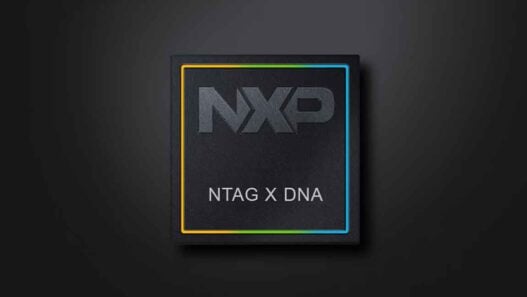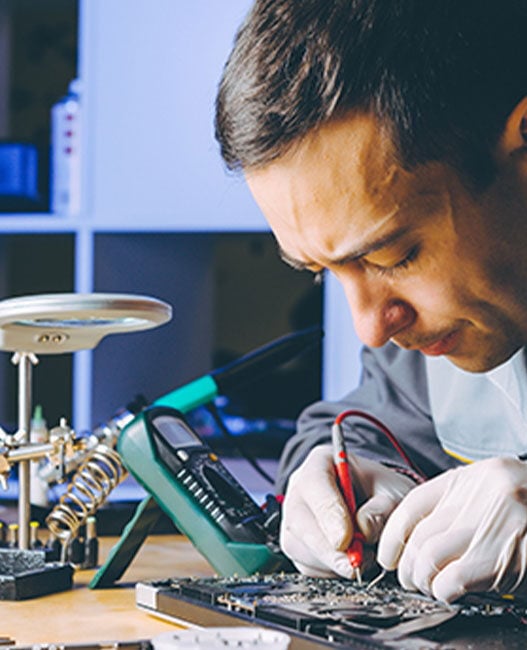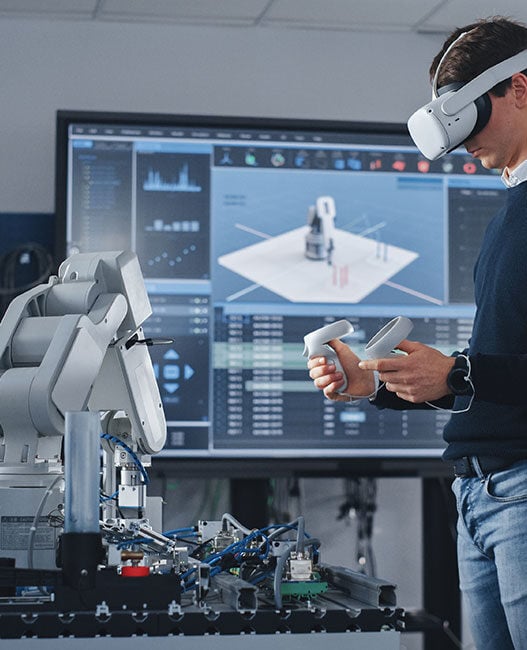IT and Data, Sales and Marketing, Operations and Logistics, Manufacturing and Production as well as Customer Facing and Front Office are currently the top five sectors most in demand.
But there’s an even more worrying skill shortage in a sector that, if not rapidly resolved, may prevent the future our planet so desperately needs from arriving, or at least seriously delay it.
I am referring, of course, to the global battery industry and consequently the much-needed global adoption of electric cars.
The battery sector currently faces a massive shortfall of talent, especially when it comes to advanced battery experts, electrochemists, material scientists, and professionals with experience in bringing battery solutions to market at the required quality and scale. We also need more people with expertise in pack design, cooling, safety, and battery management systems. The situation can be summarised as a lack of skilled researchers and technical workforce with sufficient knowledge of battery commercialisation.
The issue affects every stage of the supply chain. Right at the source of the industry, we need to learn how to mine the raw materials required more effectively and sustainably. To do that, we need to develop new chemistries, but the industry is lacking the sufficient number of people with the skill set to do so as the need grows in the next few years.
Global challenge
The European Battery Alliance planning group estimates the EU’s battery industry needs 800,000 new workers by 2025. However, the challenge is a global one and it is compounded by the fact that those pockets of battery expertise that exist today are dispersed unevenly across the globe.
Much of the world’s battery knowledge and experience is centeredin Asia, with China in particular leading the way. This is problematic given the complications of cultural disparity, language barriers and COVID-related global challenges.
Make no mistake. It is not a case that the shortage of battery expertise could potentially delay the switch from ICE to EV within the automotive sector and, thus, the transformation to net zero. That is precisely what is already happening.
All the big players in the battery ecosystem struggle to find the people with the needed skills. And there are plenty of scarcely populated offices at start-up and in-house OEM division levels operating with a skeleton staff because, again, they just cannot get the right people to do the job.
So, what’s the answer?
It’s tempting to say that it is found in three words. As a former British Prime Minister once put it: “Education! Education! Education!”
And it’s true, the only way any talent shortage has ever been solved throughout history, be it in agriculture, manufacturing, or IT, is by teaching people new skills.
Co-ordinated approach
But education in isolation alone will not solve the massive challenge the world faces; it must come with co-ordination. Only a unified approach involving cooperation between countries, governments, automotive OEMs, and start-ups, plus battery manufacturers, smart city and smart grid developers, infrastructure and charging point providers and universities, technical colleges and schools, can deliver the holistic strategies required to ensure the battery-powered transformation to sustainability is a success.
We also need more initiatives to bridge the gap between knowledge and application, particularly at graduate level. And by that, I mean programs to help those with a degree in chemistry to transfer to electrochemistry to focus on fast-tracking advanced battery development.
And we need culture change too so that the acceleration of innovative technology at an ultra-fast pace becomes the new global mindset.
We launched StoreDot in Israel in 2012. This year we announced our vision by which our extreme-fast charging EV batteries will deliver 100 miles range in five minutes of charging by 2024, 100 miles in three by 2028 and 100 in two within a decade. Having already provided a live public demonstration of our ability to charge 100 miles in five minutes, and with our silicon-dominant battery technology undergoing tests with automotive OEMs worldwide, we are firmly on track to achieve our goals.
Israel does not yet have a significant manufacturing base. But what it does have is a culture that promotes technology, knowledge, and innovation. In 2009, the Israeli Ministries of Education and Environmental Protection initiated a joint programme to implement the concept of sustainability in the education system – from preschool to high school. In addition to highlighting the challenges the world faces from climate change, air pollution, and greenhouse gas emissions, the national education program focuses on the promotion of alternative energies. In addition, Tel Aviv, Bar Ilan and Technion universities all offer programs in electro-chemistry.
There are encouraging signs in the UK, too. The University of Warwick offers ‘Battery School’ and ‘Electric Drivetrain School’ learning sessions and provides courses in Battery Systems and Manufacturing. Germany offers similar initiatives, having opened a new research centre for battery fabrication last year as part of the Fraunhofer Institute for Production Technology in Munster. In France, a cross-sector consortium opened a battery school in September, which will prove essential to help train the 40,000 battery specialists the country will require by the end of the decade.
Pro-active response
At StoreDot, we believe it is our responsibility to take a proactive approach to help overcome the skills shortage challenge. Engaging with the next generation is, of course, key. We have a collaborative educational programme in place with MIT (Massachusetts Institute of Technology, US) and are discussing further initiatives with other universities. At a local level, bringing graduates and school students in to see our laboratories and meet our researchers serves as another useful tool.
However, the need to deliver next-generation battery solutions to the world bares an urgency that cannot wait for a new generation of scientists and engineers to be fully trained. Research and development must continue at as fast a pace as possible. StoreDot was the first company to introduce agile methodologies, traditionally deployed within software development, to battery development. And we’ve taken a similar pioneering approach to the deployment of AI and machine learning in the development phase of battery technology. Given the limited resources of a startup, these practices enable us to stretch our resources and be highly competitive in the race to develop next-generation EV battery technology.
Much of what we learn from these non-conventional yet highly effective strategies we share. We share it for the wider benefit of the industry not just through publications and the provision of ongoing realistic view of technology readiness, but also by offering some of our patents in an open-source format, so that the entire ecosystem can benefit from faster time to market. Finally, the fact that we work intensively to become global is also a major contributory factor to solving the challenge of local talent on a planet-wide scale and accelerating the journey to sustainable mobility.
Exceptional opportunity
Preplanning is crucial to facilitate mass adoption of electric vehicles- the largest, most impactful revolution of our lifetime; governments must weigh in and incentivise educational plans in the battery industry, to complement the efforts being made by setting regulatory carbon-free goals. Urging professionals to obtain the skills the battery industry needs is critical. It must be communicated as a compelling offer for all parties.
For those who forged their careers in the internal combustion era, upskilling to EV technology offers the opportunity to safeguard their jobs and the potential to pass on a better environment to their children and grandchildren.
For those beginning their working life, the possibilities are almost endless. An ongoing process of continuous training and professional development lies ahead in an industry forecast to exceed $420 billion by 2030.
The so-called ‘Quiet Resignation’, where employees across various industries only carry out the minimum their roles require is not relevant to the battery industry. Our industry is driven by commitment, as people connect to the global mission of our planet and the future generations
To ensure a successful and sustainable tomorrow, we must implement a global strategy today that not only mitigates the current skills shortfall but is also continuously updated and reviewed to head-off further challenges in the future.
















